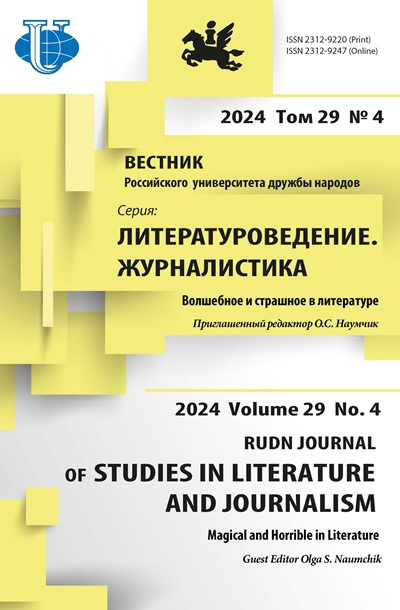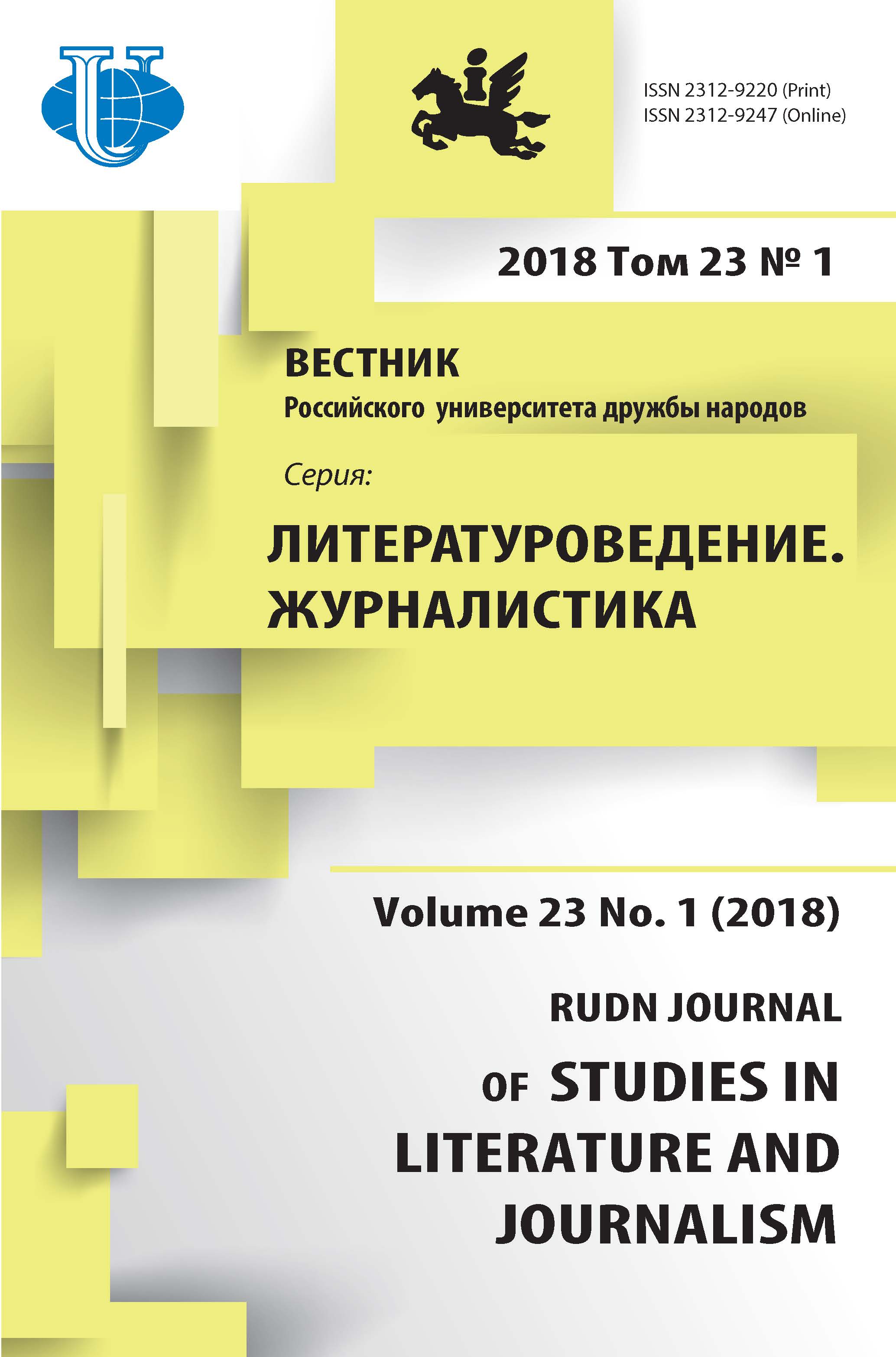Abstract
As a phenomenon of mass media, the television series emerged at the turn of the 1940s-1950s. and today the television series occupy a special place in the cultural space. Theorists involved in television media issues highlight a wide range of social functions of this medium of communication. The television series for a long time was in the cultural “ghetto”, pushed to the periphery of both socially approved forms and research attention. However, in practice this form is historically rooted in culture. The principle of seriality is a cross-cutting for modern culture. The television series left the “parental locus” of television and confidently spread to all media space. TV series create and broadcast a certain image of the cultural hero of our time. Beginning in 2004, the format of serials about characters that are not diagnosed autistics or savants is becoming popular on television, however, personality traits characteristic for highly functional people with autism spectrum disorders are present in their entirety. In the mid-2000’s. a powerful trend is formed for the construction and translation into cultural space of a certain anthropological type. With extremely rare exceptions, an image of a highly functional autistic-savant or a person with Asperger’s syndrome is projected into the cultural space. the analysis of domestic and foreign serials showed that by now a stable system of positive direct and reverse links between television and society has been formed on the problem of the representation of images of people with autistic personality traits and their acceptance by society
















